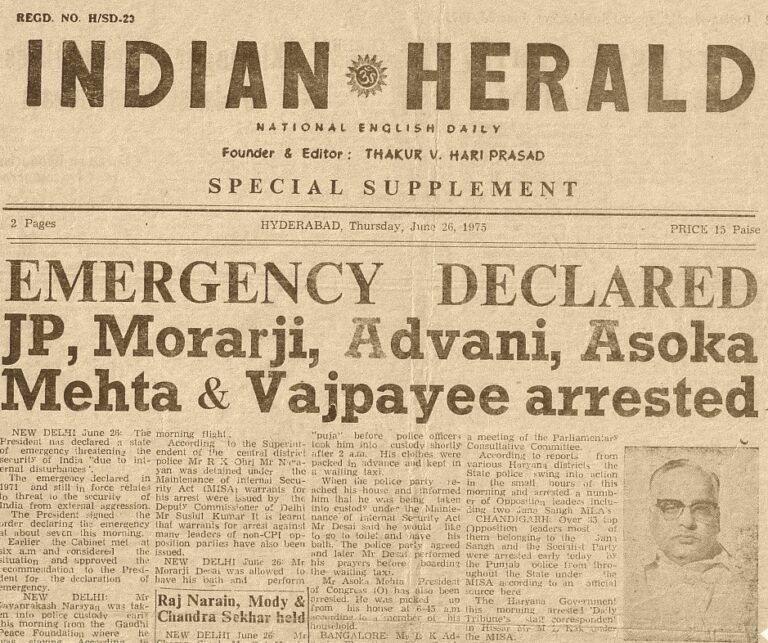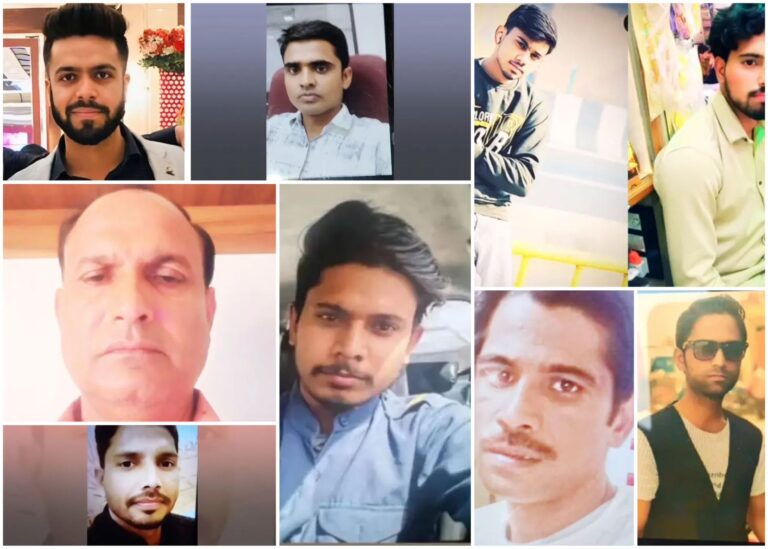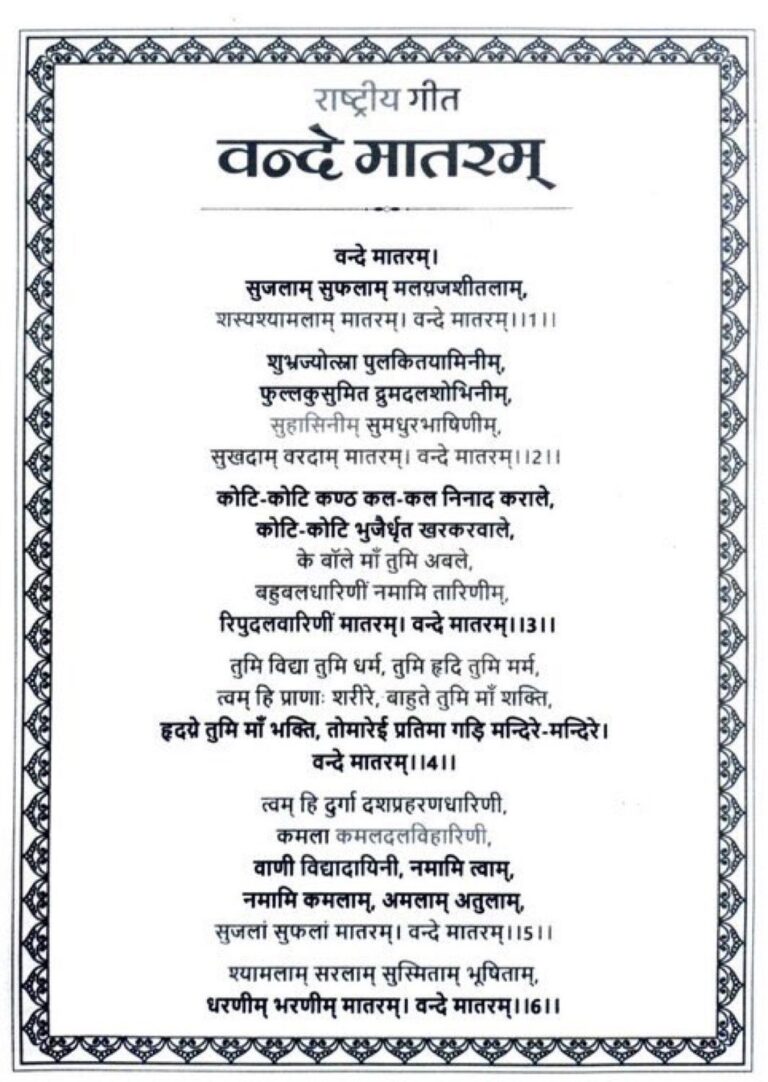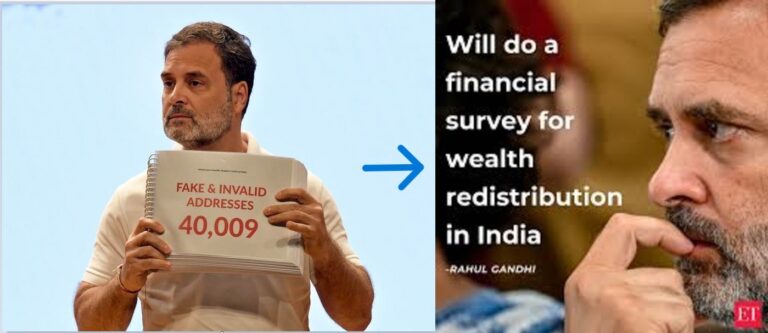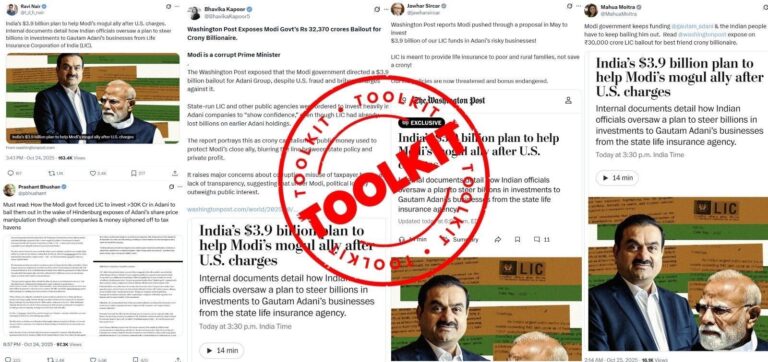Opinion / Exit Polls – A Coverup or Shield for Sold out Journos – The Biggest Propaganda of 2024

In the year 2024, India finds itself embroiled in a political and media landscape dominated by the intersection of propaganda, compromised ethics, and an effort by the opposition to question and create mistrust in democratic processes. The general elections, often hailed as the festival of democracy, have increasingly become a battleground for narratives carefully curated by sold-out media outlets and questionable psephology agencies. At the heart of this issue lies the dubious role of these entities in shaping electoral perceptions, often at the cost of transparency and accountability.
The Election Prediction Game
Election predictions in India have historically been tools of speculation and analysis, aiming to provide insights into voter behaviour and political trends. However, in 2024, this seemingly benign practice has morphed into a calculated exercise in influencing public opinion. Media outlets, in collaboration with hired pollsters, release surveys and projections that are often biased, selective, and strategically timed to benefit certain political interests. These predictions are paraded as scientific assessments, yet they rarely withstand scrutiny.
Psephology Agencies: Scapegoats or Enablers?
When the predictions fail to align with actual election results, psephology agencies are the first to bear the brunt of public criticism. While some of these agencies genuinely falter due to methodological flaws or sampling errors, others are complicit in perpetuating the propaganda machinery. Their selective data interpretations and biased sampling often align suspiciously with the narratives propagated by the media outlets that commission them.


This dynamic creates a convenient scapegoat mechanism. Media houses hide behind the supposed ‘independence’ of these agencies, absolving themselves of responsibility for disseminating misleading information. The agencies, in turn, find themselves vilified for errors that are sometimes engineered by the media’s demands.
EVMs and Electoral Distrust
Adding to the chaos is the perennial controversy surrounding Electronic Voting Machines (EVMs). Whenever election results defy media-driven predictions, the spotlight shifts to allegations of EVM tampering. This deflection serves a dual purpose: it diverts attention from the media’s flawed narratives and fosters distrust in the electoral process. While robust mechanisms exist to ensure the integrity of EVMs, repeated insinuations erode public confidence in the very foundation of India’s democracy.


The Role of Media in Manufacturing Consent
The media, which should act as the fourth pillar of democracy, increasingly appears to function as a tool for manufacturing consent. In 2024, many prominent outlets have shed even the pretence of impartiality, aligning openly with political factions. By amplifying biased election predictions, they subtly influence voter behaviour, creating a bandwagon effect that favors their preferred narratives.
Journalists, who ought to critically analyse the predictions churned out by psephology agencies, instead become mouthpieces for these flawed reports. By doing so, they shield themselves from accountability, hiding behind the veneer of objective reporting while actively shaping electoral outcomes.



A Call for Transparency and Accountability
The year 2024 highlights an urgent need to address the crisis of trust in India’s electoral and media ecosystem. Several steps must be taken to restore faith in these institutions:
- Regulating Psephology Agencies: Agencies must adhere to strict guidelines regarding sample selection, methodology, and data disclosure. An independent regulatory body could oversee these practices to ensure transparency.
- Media Responsibility: Media houses must be held accountable for the predictions they publish. Fact-checking mechanisms and public disclosures of the affiliations of pollsters are essential to curb biases.
- Educating the Public: Voters must be educated to critically assess pre-election surveys and recognize propaganda. Civic education campaigns can play a vital role in empowering citizens to see beyond media narratives.
- Strengthening Electoral Processes: Allegations of EVM tampering must be addressed transparently and conclusively. The Election Commission of India must communicate effectively to dispel myths and reinforce public trust.
Conclusion
In a democracy as vibrant and diverse as India, the sanctity of elections must remain inviolable. The misuse of psephology, the complicity of media, and the politicization of electoral processes are threats that demand immediate attention. 2024 should serve as a wake-up call for citizens, policymakers, and institutions alike to reclaim the integrity of India’s democratic processes. Only through collective vigilance can the country ensure that its elections remain a true reflection of the people’s will, free from the distortions of propaganda and vested interests.



